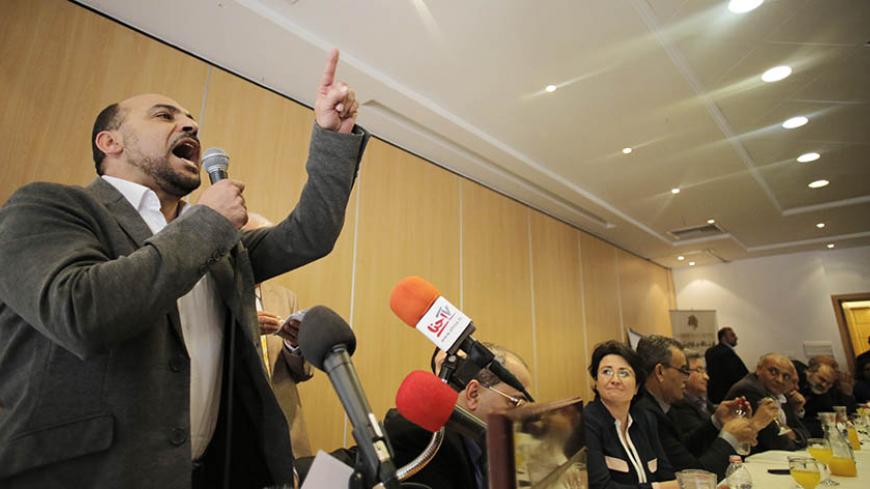The unification of the Arab parties into a joint Arab slate was quite contrived. During the unification process, I spoke with several voters who declared that they would indeed support such a joint list. And as soon as the unification became a fait accompli, a growing number of voters, from the Arab sector as well as from Israeli-Jewish left-wing circles, started entertaining scenarios that until not long ago were thought to be — even among these voters — a pipe dream. If the forecasts and the polls turn out to be correct, the Joint List of predominately Arab parties could become the third-largest party in the Knesset. If a unity government consisting of the Likud and the Zionist Camp parties is formed, attorney Ayman Odeh, the head of the Joint List, could become the chairman of the opposition. By law, the prime minister is obliged to regularly update the chairman of the opposition, including on security matters.
These developments, as well as the reshuffle in the Hadash Party that placed at the top of its slate a young chairman who is calling for coexistence, have become driving factors that fascinate Jews from the left side of the political map. The much-ballyhooed enlistment of former Knesset Speaker Avraham Burg to Hadash accorded Jewish voters some sense of legitimacy. In the past, those voters were perhaps hesitant to publicly state that they would support or vote for a slate defining itself as Arab-Jewish but whose underlying base comprises all Arab streams and factions in Israel.



